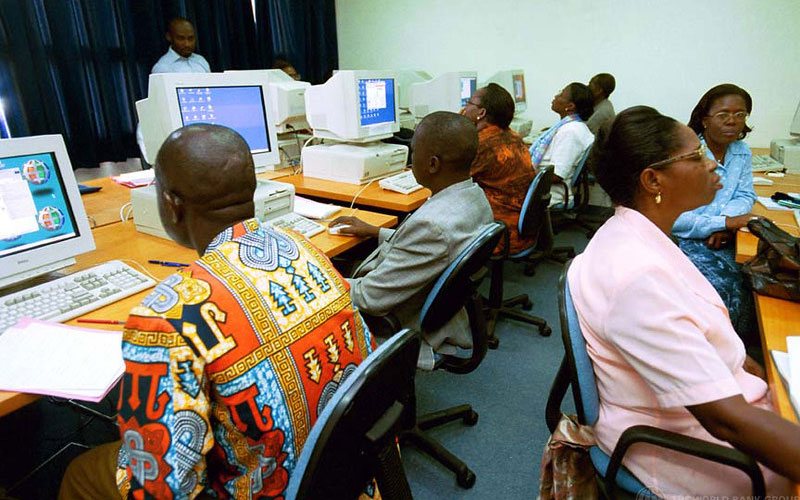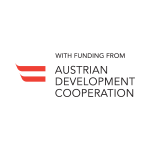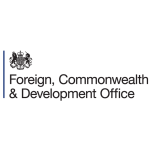The Youth Jobs Search Assistance Project in South Africa has sought to address the problem of information frictions in the labor market that contribute to high youth unemployment. High unemployment, particularly for youth, may be exacerbated by firms’ incomplete knowledge of potential employees’ skills, or by jobseekers’ inability to best articulate their skills. The initiative’s objective was to:
- Create a simple, low-cost tool— a skills certificate — that signals jobseekers’ competencies or credentials to employers.
- Evaluate how providing both jobseekers and employers with information about former’s skills can impact youth employment and earnings outcomes.

Key Activities
The Youth Jobs Search Assistance Project was a collaboration between the World Bank, the Harambee Youth Employment Accelerator, and researchers at Oxford University, Duke University, and Stellenbosch University. The intervention consisted of the following key activities:
Standardized skill assessments for low-income job-seeking youths with limited work experience.
Certificates describing the assessments and showing jobseekers’ results relative to others assessed by Harambee.
Job search counselling and additional job search assistance on CV templates and interview tips before the assessments.
An online platform that allowed firms to filter jobseeker profiles by location and skills performance.
To assess the impacts of the certificates as a tool for skill signaling, the youth recruited for the assessments – mostly from underrepresented or minority communities – were randomly assigned to three groups.
- In the private treatment group, youth received multiple copies of ‘unbranded’ certificates containing their skill assessment results. Unbranded certificates mainly provide information to jobseekers but contain no details about the project stakeholders or its assessments.
- In the public treatment group, youth received certificates branded with Harambee and World Bank logos, the youth’s name, and a link to a website with information about Harambee and the assessments.
- In the control group, youth received no information about their assessment results.
All three groups received job search counselling.

Intermediate Findings
Main findings three to five months after the intervention include:
Jobseekers who received unbranded certificates — which could not be used to credibly signal skills to prospective employers — targeted jobs that valued their strongest skill domains but experienced little to no impact on employment outcomes.
Jobseekers who received branded certificates — which could be credibly submitted in job applications — also optimized their job-search strategy. Branded skills certificates additionally increased the youth employment rate by 16 percent and earnings by 34 percent.
Firms were more likely to send interview invitations to applications with branded certificates. Applications that included branded certificates received 11 percent more interview invitations.
Limited information about jobseeker skills distorts both firm and jobseeker behavior. When information frictions are reduced, job-search decisions and hiring decisions are optimized, leading to improved employment outcomes. Interventions providing information about jobseekers’ skills will be most effective if information is available to both sides of the labor market.
Based on the project’s findings, Harambee has incorporated skills certification into their activities.
Partners have spread awareness through workshops with the South African Western Cape Department of Labor and City of Cape Town Career Guidance Counsellors, and through presentations and conferences with the Department of Monitoring and Evaluation of the South African Presidency, South African Treasury Department, South African Parliament, Department of Labor Employment Services of South Africa, BREAD, CSAE, AEA, NBER, IZA, and more.









